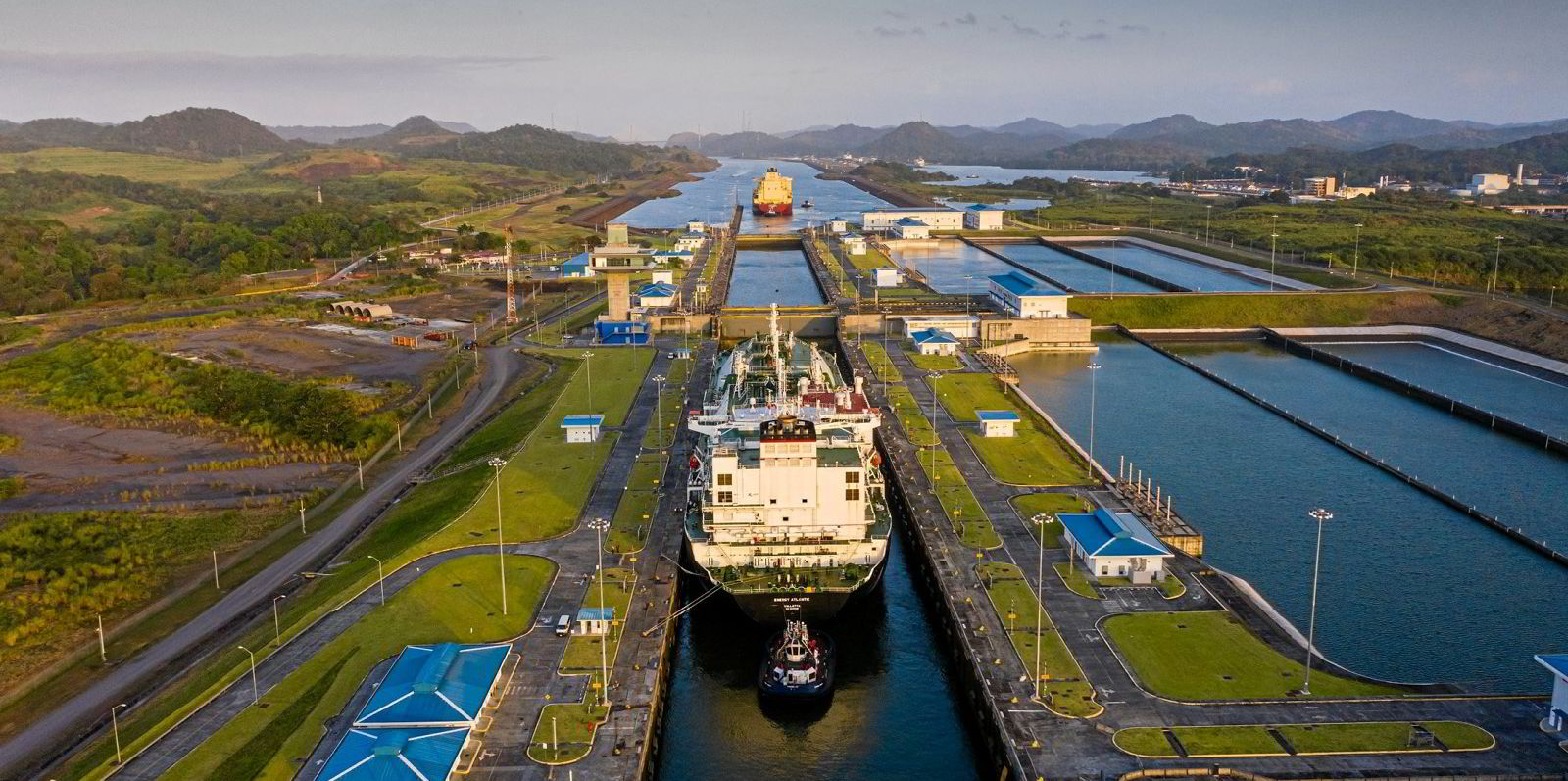Shipowners have another few weeks to enjoy current Panama Canal fees after a decision to postpone price rises.
The Panama Canal Authority (ACP) said it will push back hikes from 15 April to 1 June following protests from the shipping industry.
Vessels had faced increase costs of between $20,000 and $58,500 per transit reservation. This equals hikes of between 57% and 167%.
ACP said it had received a letter from the International Chamber of Shipping (ICS), the Asian Shipowners’ Association (ASA), and the European Community Shipowners’ Association (ECSA), expressing concerns over the speed of price rises.
The associations called the move a "significant increase" and complained the start date gave owners too little time to adjust.
ACP said it has linked the fees to changing supply and demand conditions for the service it offers.
The canal is one of the world’s busiest shipping routes, with nearly 14,000 transits being made in 2020.
"This change in the implementation date will provide the maritime industry more time to prepare for the adjustment to the new booking fees," ACP said.
ICS secretary general Guy Platten said he was reassured by the delay.
"The increases represent a significant rise in cost, especially considering the ongoing economic impact of the Covid-19 pandemic," he added.
Dialogue to be established
"We appreciate that the fee change is designed to adapt to changing supply and demand for the Panama Canal's service and we look forward to establishing a productive dialogue with the ACP to develop a long-term pricing strategy to provide industry with predictability on transit cost."
Platten is hoping to able to hold a virtual meeting with ACP to discuss the issues involved.
ASA secretary general Yuchi Sonoda said he appreciated the decision.
He added: "ACP will continue to review on the voices of canal users in their future canal operations and managements, based on a higher economic stability and transparency."
ECSA secretary general Martin Dorsman also welcomed the postponement.
"Especially in these times of high uncertainty, it is important for the shipping industry to be able to better prepare for these changes," he added.






